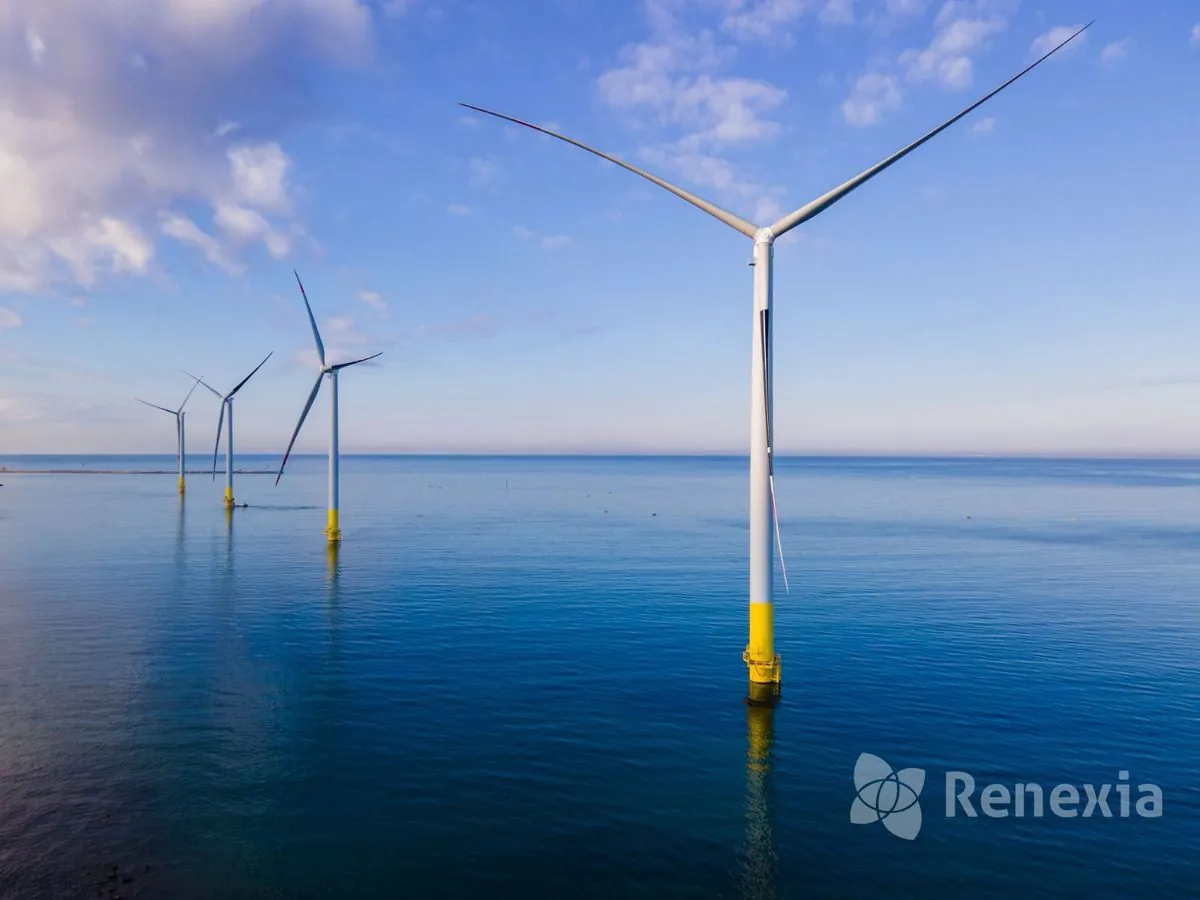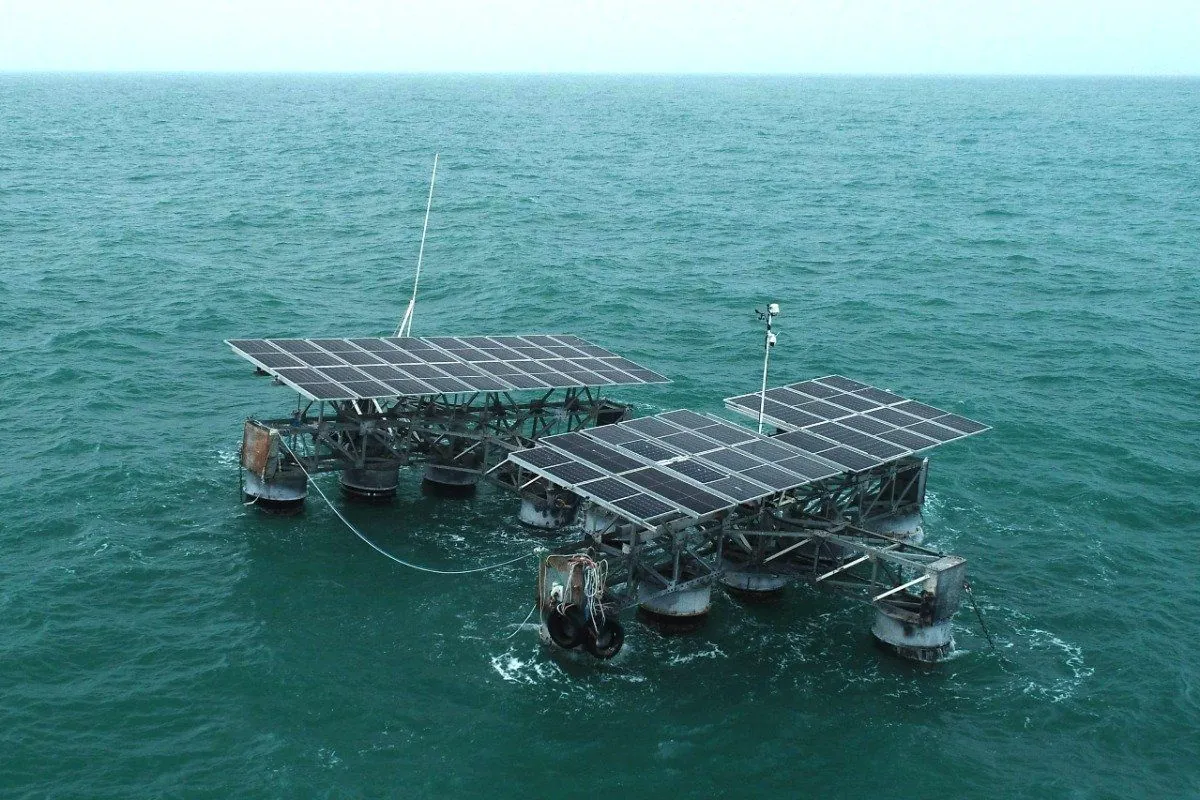Mediterranean EU Nations Unite for Offshore Renewable Energy Hub
Nine southern EU countries aim to transform the Mediterranean into a renewable energy powerhouse. Officials focus on offshore wind and solar projects to combat climate change and boost green energy production.

On September 18, 2024, representatives from nine southern European Union nations convened in Larnaca, Cyprus, to discuss the transformation of the Mediterranean region into a renewable energy hub. The meeting, known as the MED9 Energy Ministerial Meeting, focused on harnessing offshore wind and solar energy to combat climate change and promote sustainable development.
The Mediterranean Sea, covering an area of approximately 2.5 million km², presents a unique opportunity for renewable energy production. With its vast expanse and favorable climate conditions, the region is poised to become a significant contributor to the EU's green energy goals.
George Papanastasiou, Cyprus' energy minister, emphasized the importance of offshore platforms for green energy generation due to land scarcity in Mediterranean countries. This approach aligns with the region's geographical characteristics, as the Mediterranean Sea has an average depth of 1,500 meters and is almost completely enclosed by land.
The MED9 countries, which include Cyprus, Slovenia, Malta, Croatia, Greece, Italy, France, Portugal, and Spain, are working towards establishing cross-border renewable energy projects. Their joint statement called for the European Commission to conduct a comprehensive study on the region's renewable energy potential, which will guide future decision-making and concrete actions.

The Mediterranean region, home to over 480 million people, is experiencing faster warming than the global average, making the transition to renewable energy even more critical. Joan Groizard, Spain's Energy Agency Director-General, stressed that Mediterranean countries "can and must be at the forefront of the energy transition" due to their vulnerability to climate change.
One of the key challenges in implementing offshore wind and solar energy facilities is connecting them to existing onshore power grids and creating interconnections for energy transmission between countries. This issue is particularly relevant given that the Mediterranean Sea has little tidal movement and no oceanic currents, which could affect energy production and distribution.
Ioannis Papameletiou, Greece's ambassador to Cyprus, highlighted the Aegean's high wind power capacities. He outlined Greece's ambitious targets for wind power integration:
- 2 gigawatts by 2030
- 10 gigawatts by 2040
- 17 gigawatts by 2050
These goals reflect the region's commitment to renewable energy and its potential for significant growth in the sector.
The Mediterranean's unique characteristics, such as its salinity of 38 parts per thousand and water temperatures ranging from 10°C to 30°C, present both challenges and opportunities for renewable energy development. The region's 3,300 islands could potentially serve as strategic locations for energy production and distribution.
Federica Ferrari Bravo, Italy's ambassador to Cyprus, emphasized that "affordable green energy is also a powerful tool for peace." This statement underscores the potential for renewable energy to not only address environmental concerns but also contribute to regional stability and cooperation.
As the Mediterranean countries move forward with their renewable energy initiatives, they will need to consider the region's rich biodiversity and cultural heritage. With 21 UNESCO World Heritage Sites and recognition of the Mediterranean diet as an Intangible Cultural Heritage, balancing energy development with preservation efforts will be crucial.
The MED9 countries' focus on offshore wind and solar energy marks a significant step towards a sustainable future for the Mediterranean region. By leveraging their natural resources and fostering cooperation, these nations aim to create a renewable energy hub that could serve as a model for other regions facing similar challenges in the fight against climate change.


































